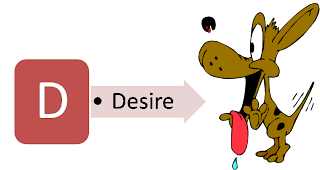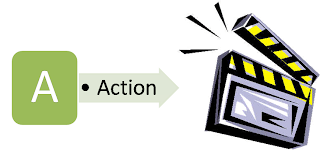You need to always adapt to your audience, everything used in your presentation will be essential to attract their attention. In order to achieve your purpose, you must satisfy the
 audience with something in which they are interested.
audience with something in which they are interested.
Before you speak, you should learn as much about them and their interests as possible. Knowing your audience, gives you more confidence about what to say or what to use. For instance, they will become more interested in what you have to say, because you would be able to use real life examples related to your topic. The following questions would help you to learn more about your audience:
- How big will the audience be?
- Are there cultural or language differences?
- How familiar are they with your topic? Is the meeting formal or informal?
- What are your objectives for the meeting; what do you want the audience to do as a result of your speaking?
A successful presentation consists of three parts: introduction, body and conclusion.
The introduction focuses the audience’s attention on you, states what your presentation is going to be, outlining the purpose and goals of what you want to achieve by the presentation.
 The body is the whole content of your presentation. It presents your evidence to support your thesis as well as your credibility. In other words is what you have told them in the introduction but the longer version.
The body is the whole content of your presentation. It presents your evidence to support your thesis as well as your credibility. In other words is what you have told them in the introduction but the longer version.
Avoid overloading them with information. Remember to use KISS principle (Keep It Simple and Sweet). The simpler your presentation, the better it is for your audience to capture your message.
- Remind your audience of your main points.
- Restate your thesis.
Rehearse what you're going to say during your presentation, so you can avoid long pauses, looking often at your notes, and composing your thoughts. You don’t want your audience to say that you are not prepared to give your presentation.

Photo Credit:
Corporate Audio Visual Services
corporateav.co.nz/Successful-seminars.html
Innovative writing assistance agency
www.bookwormlab.com/blog/how-to-avoid-plagiarism/
Resources:
Audience Analysis is your key to success (Lenny Laskowsky)
http://www.ljlseminars.com/audience.htm
What Is the Purpose of an Oral Presentation? (Ginny Putscher)
http://www.ehow.com/about_6314059_purpose-oral-presentation_.html
 * Revise
* Revise


 After complete this revision, you are ready to distribute your proposal.
After complete this revision, you are ready to distribute your proposal. 








